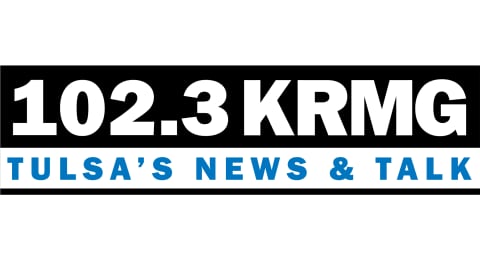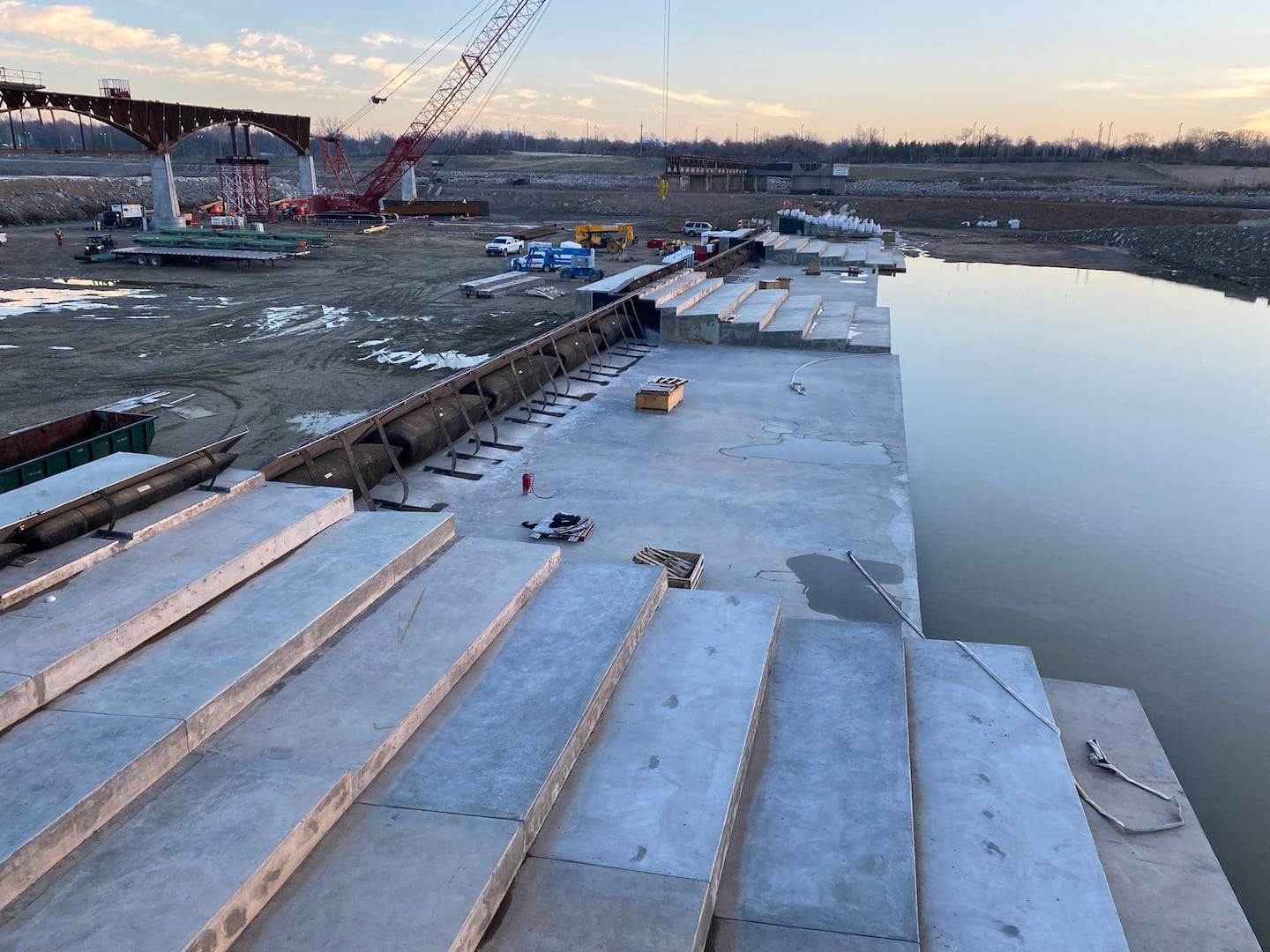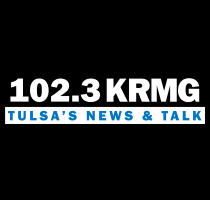TULSA — At a May 17 meeting of the Tulsa City Council’s Public Works Committee, representatives of two groups presented a list of concerns about potential safety issues with regard to the new low-water dam and small lake the city’s building on the Arkansas River near the pedestrian bridge and Gathering Place.
They told councilors that the water in that area had not been tested, and did not appear to be safe for primary contact - in other words, swimming or kayaking.
[Hear PART ONE of our KRMG In-Depth report on Zink Lake HERE (see part 2 below)]
Kelsey Royce is a member of Arkansas River Rights Coalition and Tulsa Area Arkansas River Advocates, and was among those who spoke during the meeting at the behest of District 5 Councilor Grant Miller.
She tells KRMG “Our primary goal here is to educate the public, and suggest pathways forward to prevent economic and environmental catastrophes (with regard to) some of the projects that have been green-lit.”
“We need to be careful not to minimize the concerns of the contaminants, because this body of water has not been tested,” she added.
Fellow river advocate Charley Pratt also decried the lack of vigorous testing.
“We’ve tried to get water data from the city and the county, to show that it was safe, even at times,” he told KRMG. “That data doesn’t exist. There is a lot of data out there, but no one has essentially given that data to ODEQ (the Oklahoma Department of Environmental Quality), the water resources board, or published it city and county to say ‘it’s safe to get out there.’”
And if the water’s not safe, he maintains, all the economic benefits that supporters of the project have touted will naturally evaporate.
[Hear PART TWO of our KRMG In-Depth report on Zink Lake HERE]
City Engineer Paul Zachary tells KRMG that the economic piece is not his focus, but “I do know that we had chamber (of commerce) people involved, we had other people, and it wasn’t just to defend the project, it was saying ‘look at the other cities that have utilized, and have water in the river, and look what it’s done.’”
As for water quality, and testing for harmful chemicals or biological hazards, he thinks the critics have asked some good questions.
“The points that they’re saying, they’re legitimate,” he said, “and they deserve to be responded to.”
The response? The city has updated its FAQ on the Zink Lake project, and the short answer is - some of those concerns may be premature.
“Right now, there isn’t a Zink Lake. So we’re not testing until we start impounding water,” Zachary said.
But he makes the point that the entire system is built around moving water - while generally, stagnant water poses much more serious risks in terms of contamination.
“What we’re going to be able to do now is release water all the way across the dam,” he said, “and if we have dissolved oxygen issues, or we have ‘hey there’s a high e-coli count, there’s an
enterococcus issue,’ guess what - (we can) flush our lake, as opposed to Keystone, Grand, or any area lake. It’s the stagnant water that’s the problem.”
With regard to chemicals - especially oil and related gases - leeching from a century’s worth of industrial activity along the west bank, he says the Holly Frontier refinery is spending an estimated $10-15 million to mitigate any seepage, and to prevent future problems.
Intake valves for Public Service Company of Oklahoma’s plant have been moved upstream.
Zachary says once the lake is actually filled, regular and comprehensive testing will take place - and the results made readily accessible to the public.
Another issue raised by Pratt involved the “roller effect” (AKA “keeper effect”), long recognized as a dangerous component of the old low-water dam.
It’s a powerful circulation of water at the base of the downstream side of the dam, and has contributed to the deaths of more than a dozen people over the years.
“We haven’t gained anything as far as quote ‘eliminating the roller effect’ that the city engineer and others have touted as being the big safety change for the dam,” Pratt told KRMG.
However, on that point, Zachary sharply disagreed.
“They said something about that we haven’t addressed that. Well, that is exactly one of the main tenets of what we’re doing,” he said, and pointed out the step-like features being built on the downstream side of the new dam.
“What we have now is we’re going to have crest gates,” he explained. “We actually added stairsteps down below, and the water can cascade down these steps, and it’s not a seven-foot drop that creates these rollers.”
“We modeled all these gates and this dam at Colorado State University, and we eliminated that undertow issue at the downstream,” he added.
Bottom line, the city engineer admits that they don’t know how often the water will be safe for primary contact, because again, they can’t test and monitor water quality until the lake’s actually filled.
But the city built what people asked for, and voted to fund - water in the river, and increased accessibility.
“We are going to have people closer to the water, as they wanted. Are we going to have constant swimming?” Zachary asked, rhetorically. “We don’t know. But we’re going to be able to have the data to let people know - ‘this is the water you’re getting into, and this is the risk associated with it.’”







